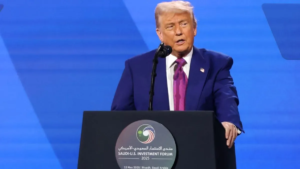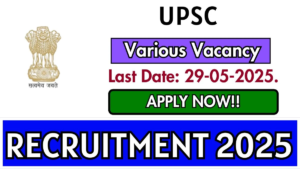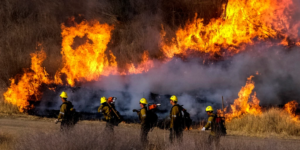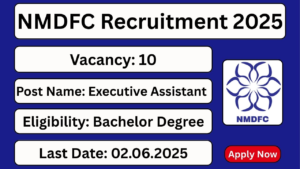Iran: Reformist Candidate Masoud Pezeshkian Wins Presidential Election
In a historic turn of events, Iran’s presidential election has witnessed the victory of reformist candidate Masoud Pezeshkian. The runoff election, held on Friday, saw Pezeshkian defeating hardliner Saeed Jalili. We will explore the implications of this electoral outcome and its significance for Iran and the international community.

The Election Results
Masoud Pezeshkian secured approximately 56% of the total votes, garnering 16.3 million votes, while Saeed Jalili received 13.5 million votes. Pezeshkian’s unexpected win marks a departure from the conservative dominance that has characterized Iranian politics in recent years.
Pezeshkian’s Profile
Masoud Pezeshkian, a heart surgeon and longtime lawmaker, campaigned on a platform of limited, closer ties with the West and some reforms to strict moral codes. His victory signals a desire for change among Iranian voters, who have faced economic challenges, mass demonstrations, and intense crackdowns on dissent.
Challenges Ahead
Despite Pezeshkian’s win, Iran remains at a delicate moment. Tensions in the Middle East persist due to the ongoing Israel-Hamas war in the Gaza Strip, Iran’s advancing nuclear program, and the looming U.S. election. The outcome of the U.S. election could impact any chance of détente between Tehran and Washington.
Foreign Policy Implications
The new president’s foreign policy choices will be closely watched. Iran’s enrichment of uranium at near weapons-grade levels and its stockpile large enough to build several nuclear weapons raise concerns globally. Whether the country’s foreign policy leans toward confrontation or collaboration with the West will significantly impact regional stability.
Masoud Pezeshkian’s victory represents a shift in Iran’s political landscape. As the nation grapples with internal and external challenges, the world watches to see how the reformist leader will navigate these complexities. The path ahead is uncertain, but the election outcome offers hope for change and dialogue in a region marked by tensions.










